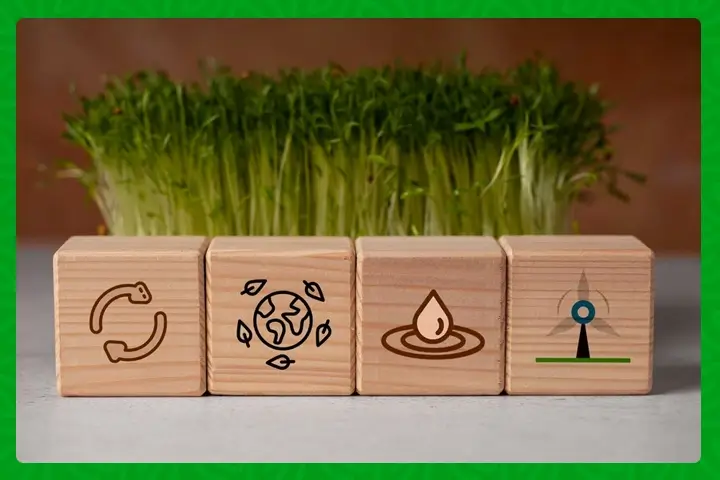
Written by Anil M V, 24 years experience, {Bsc. Agric, MBA, CTP}Founder, Organil Services
Organic certification, the journey towards compliance is often viewed as a complex and challenging endeavour. While meeting regulatory standards is a fundamental aspect of organic operations, it is equally essential to align organizational practices with the principles of sustainability and environmental stewardship. In essence, what is required in organic compliance and what one is doing or thinking right in organics can sometimes diverge, highlighting the need to bridge this gap effectively

Organic compliance encompasses a myriad of regulations and guidelines established to ensure the integrity of organic products and the sustainability of agricultural practices. From stringent requirements regarding soil health and crop management to restrictions on synthetic inputs and genetically modified organisms (GMOs), organic certification standards are designed to uphold principles of ecological balance, biodiversity, and soil conservation. Compliance with these standards is non-negotiable for any entity seeking organic certification, as it provides consumers with the assurance that organic products have been produced in accordance with strict organic principles.
However, mere adherence to regulatory requirements may not always align with the broader objectives and values inherent in organic agriculture. True organic stewardship extends beyond compliance, encompassing a holistic approach to farming that prioritizes regenerative practices, community engagement, and the well-being of ecosystems. This paradigm shift from mere compliance to conscientious stewardship represents a significant evolution in the organic movement—one that emphasizes the interconnectedness of agricultural systems with broader ecological and social dynamics.

So, what does it mean to go beyond compliance and embody the ethos of organic stewardship? It begins with a mindset shift—a recognition that organic certification is not merely a checkbox to tick off but a commitment to a way of life rooted in sustainability and respect for nature. It involves embracing practices that nurture soil health, promote biodiversity, and minimize environmental impact, even in the absence of explicit regulatory mandates.
For instance, rather than solely relying on organic inputs to meet certification requirements, organic farmers may adopt agroecological approaches that leverage natural processes and ecosystem services to enhance productivity and resilience. This could involve practices such as crop rotation, cover cropping, and integrated pest management, which not only align with organic principles but also contribute to long-term soil fertility and pest control.
Moreover, embracing organic stewardship entails active engagement with local communities, fostering transparent and equitable relationships throughout the supply chain. This might involve sourcing inputs from local producers, supporting fair labor practices, and prioritizing social responsibility alongside environmental sustainability. By cultivating a sense of shared responsibility and collective ownership over the organic movement, stakeholders can forge stronger connections and build resilience against external pressures and challenges.
In essence, the journey towards organic compliance should not be viewed as a static destination but as a dynamic process of continuous improvement and innovation. By bridging the gap between regulatory requirements and best practices, organic stakeholders can unlock the full potential of organic agriculture to nourish both people and planet.
It is through this integration of compliance with conscience that the true essence of organic stewardship is realized, ushering in a new era of sustainability and resilience in agriculture.

While organic compliance serves as a foundational pillar of the organic movement, it is the convergence of regulatory adherence with proactive stewardship that defines the true essence of organics. By transcending mere compliance and embracing a holistic approach to organic agriculture, stakeholders can cultivate thriving ecosystems, resilient communities, and a sustainable future for generations to come.
Ask this Question today, Are you doing the right Methodology being Organically Certified ?
Stay updated with the latest farming tips and agriculture industry news from Africa by subscribing to our newsletter. Don’t miss out on valuable insights and updates. Follow us on Twitter, LinkedIn, and Facebook to join our farming community and stay connected with us.



















